Social enterprises playing increasingly creative role
 |
| Kymviet bags produce towards simplicity but very fashionable and high quality. |
Social enterprises have been contributing quietly to various sectors like textiles, tourism, services, and production, and while their scale is not big, society often gets various benefits from them that cannot be measured in profits only.
Minh Thuy, 39 years old, has been deaf since childhood. She studied until the end of fifth grade then stayed at home to help her mother with the daily housework. It wasn’t until she turned 32 that Thuy started to earn the very first income by herself thanks to a craft business for the disabled Kym Viet in Hanoi.
“In 2016, a new friend introduced me to go to Kym Viet. It was the first time I went to work and I felt so happy and excited,” said Thuy. For people with disabilities like Thuy, the job enables her to reach the community. At Kym Viet, Thuy was assigned to tasks such as taking care of fabrics and sewing small stuffed animals. After her first payment, Thuy was able to buy a gift for her mother.
“Without Kym Viet, I don’t know where I would be. I have learned a lot and I consider the company my home in addition to a place of work,” said Thuy.
With the same humanitarian purposes as Kym Viet, Dao’s Care, a treatment facility featuring medicinal herbs from the Dao ethnic community and also based in Hanoi, has been creating jobs for disadvantaged ethnic minorities. Vang Thi Nam, a Mong ethnic person from Sapa, was born blind and with defects to her hands, and also lost her father when she was one year old.
When Dao’s Care launched, Nam was taken to Hanoi. She was so worried for the first time leaving the village. But with her determination, she has become a well-skilled staff member with a steady income of about VND6-8 million ($260-350) per month to send to her hometown and her younger sister. “I love this job, which is both generating income for me and vulnerable people every month, and maintaining the cultural identity of the Dao people,” said Nam.
There are about 200 social enterprises in Vietnam that range from non-profit social enterprises, not-for-profit social enterprises, and general business ventures. They have contributed to supporting the government in solving problems of hunger eradication and poverty reduction, supporting and enhancing the capacity of disadvantaged groups, conserving natural resources, protecting the environment, and adapting to climate change. They are also creating thousands of jobs and training for members of poor families, ethnic minorities, and people with disabilities.
A study by the United Nations Development Programme (UNDP) pointed out that despite the small scale, 70 per cent of social impact businesses are generating profit while also gearing towards sustainable development. Around 40 per cent of 200 social enterprises were established in 2015, while the number doubled in 2016.
UNDP resident representative in Vietnam, Caitlin Wiesen, emphasised the crucial role of the private sector and the social impact businesses in particular, in recovering and building forward better.
“I strongly believe that the shared development vision, the creativity, and innovations of social impact business ecosystem stakeholders will strengthen the resilience and accelerate the development of social impact businesses in Vietnam,” she said.
However, in the opinion of businesses like Dao’s Care, they are afraid of complicated procedures and conditions, so it was registered as a household business, and not a social one. “We see some obstacles in registering as a social enterprise. In the first years of establishment, we struggled with the operation and may not gain any profit. And we are also unsure about the requirements of re-investment, among other things,” said Le Thuy Trang, founder of Dao’s Care.
According to the Law on Enterprises 2020, a social enterprise will operate for the purposes of resolving social and environmental issues for public interests, and use at least 51 per cent of the annual post-tax profit for re-investment to achieve registered targets.
Le Viet Cuong, director of Kym Viet, said that the incentives for social enterprises like capital approaches and preferential fees are not great compared to normal businesses. In other countries like South Korea, if a social enterprise can resolve societal troubles and create jobs for vulnerable people or elders, they are considered as public service providers and are therefore often exempted from tax and office renting fees. “The incentive policies of Vietnam are not very clear, so the number of social enterprises is not increasing rapidly enough,” said Cuong.
| The APEC workshop on promoting social enterprises for inclusive growth will take place on March 31 and April 1 with hundreds of participants, including the Ministry of Industry and Trade, Hanoi Women’s Association of Small and Medium-sized Enterprises, Inclusive Business Action Network, Institute for Social Entrepreneurship in Asia, Australia’s Campus Consultancy, local and APEC social enterprises, and other associations and organisations. At the workshop, an overview of inclusive business and social enterprises in the APEC region will also explore and identify opportunities and challenges that social enterprises embrace with views of promoting social enterprises for dynamism, inclusiveness, and sustainability. A session on social enterprises from the perspective of regulations will focus on exploring how policies and regulations could help in promoting inclusive business and social enterprises through sharing experiences and best practices in APEC member economies. Attendees will share experiences, best practices, and failure and success lessons, as well as make recommendations on how to promote inclusive business and social enterprises in the region, as well as how APEC could offer more promotion. |
What the stars mean:
★ Poor ★ ★ Promising ★★★ Good ★★★★ Very good ★★★★★ Exceptional
Related Contents
Latest News
More News
- SLP Vietnam inaugurates rural road solar lighting project in Long An (April 19, 2024 | 07:12)
- Vietnam needs 20-30 billion USD investment for universal clean water access (April 16, 2024 | 17:10)
- Vietnam Airlines adjusts flight paths via Middle East (April 16, 2024 | 17:05)
- Vietnamese community in India stays united, contributes to homeland (April 15, 2024 | 11:42)
- Dien Bien Phu Victory celebrated in France (April 15, 2024 | 11:37)
- Vietnamese Embassy in Israel issues warning amid escalating tension (April 15, 2024 | 08:00)
- ADB forecasts 6 per cent growth for Vietnam (April 12, 2024 | 17:17)
- SCB, Van Thinh Phat execs convicted of embezzlement; Truong My Lan sentenced to death (April 12, 2024 | 09:59)
- Finnish kindergarten opens in Hanoi (April 12, 2024 | 09:50)
- Over 746 tonnes of rice allocated to Dien Bien, Bac Kan provinces in between-crop period (April 12, 2024 | 08:54)



 Tag:
Tag: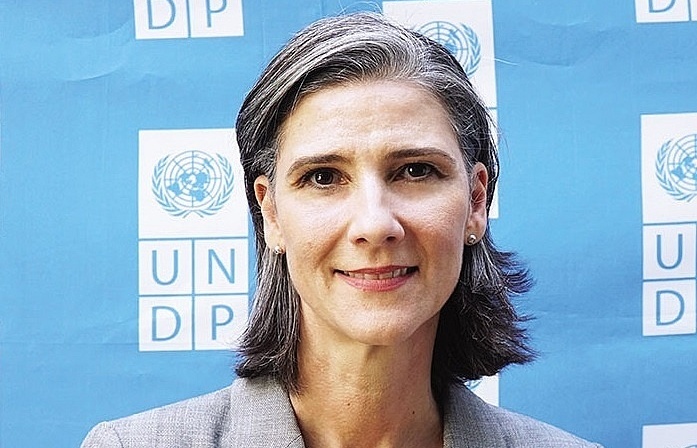
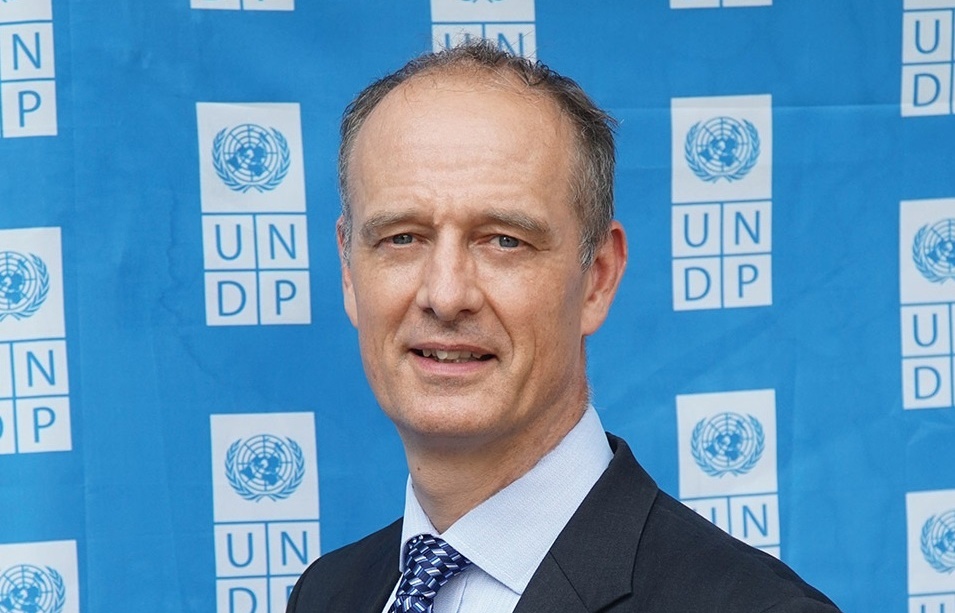

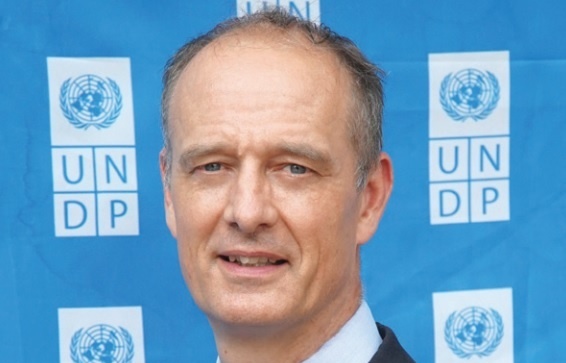
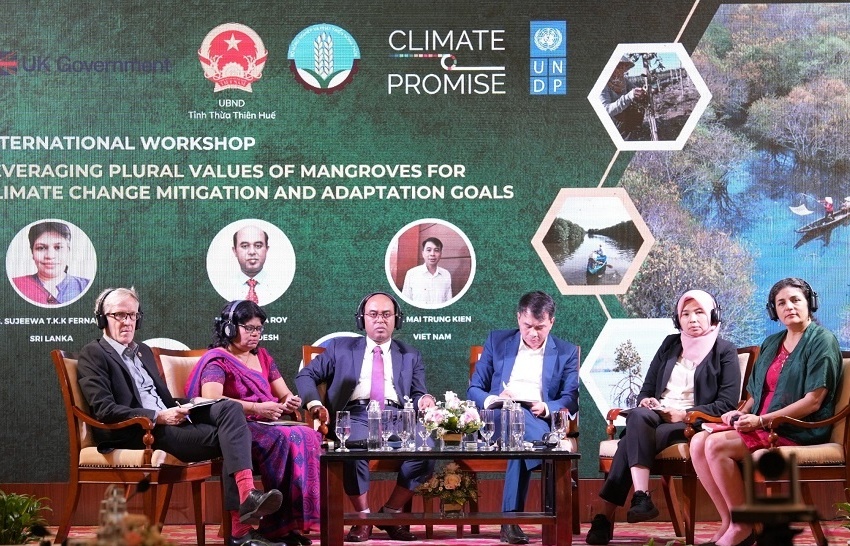

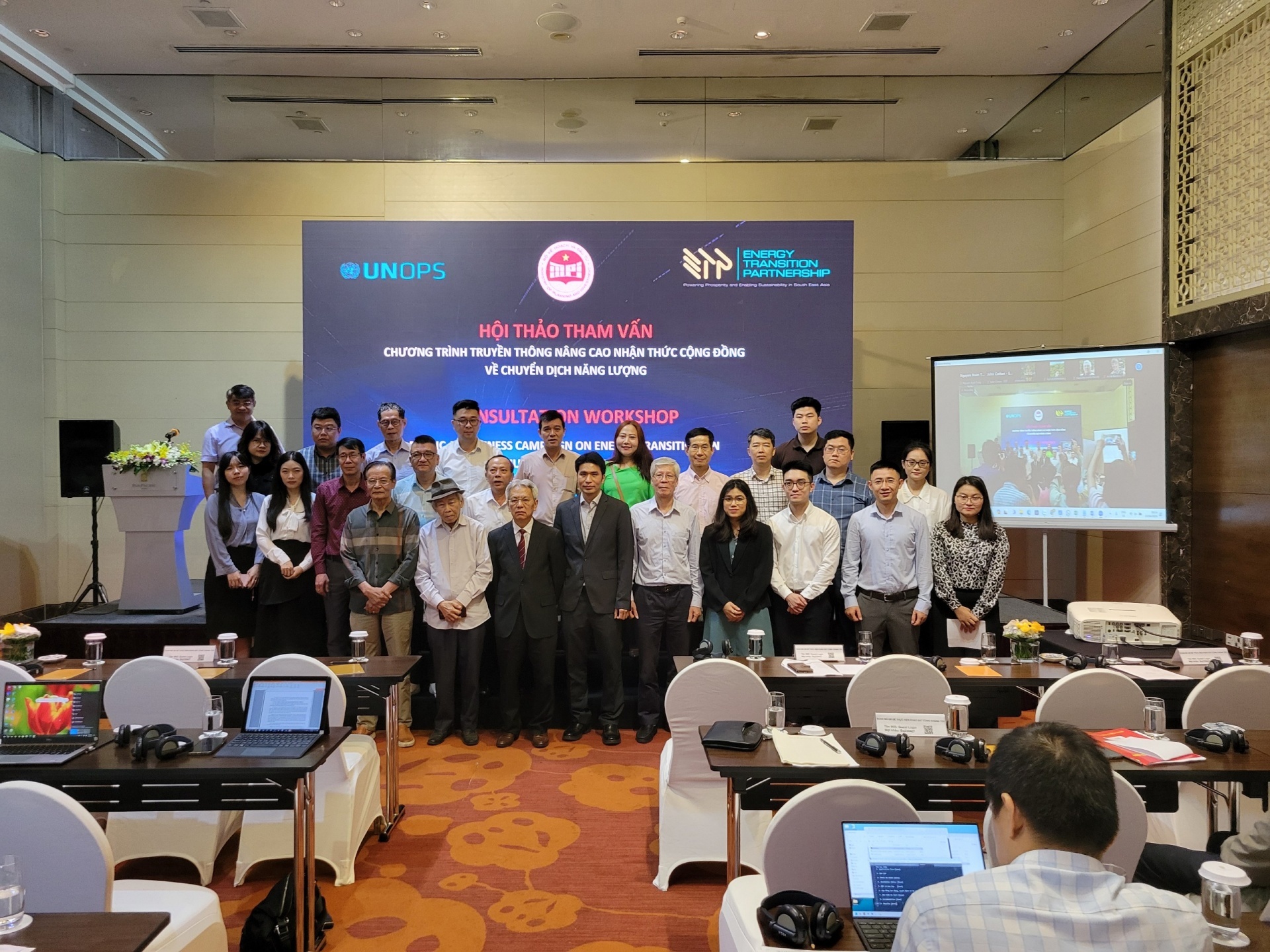
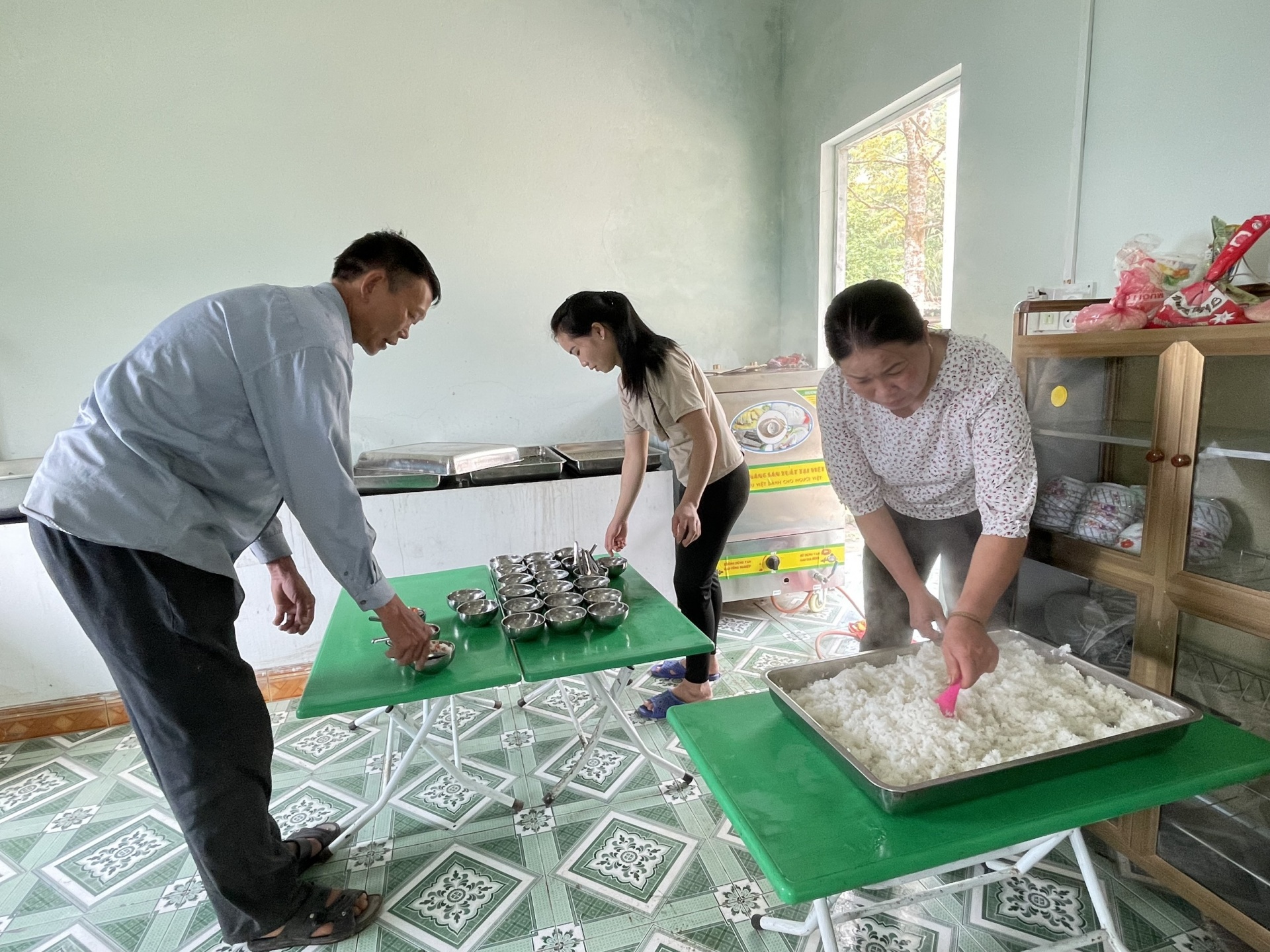
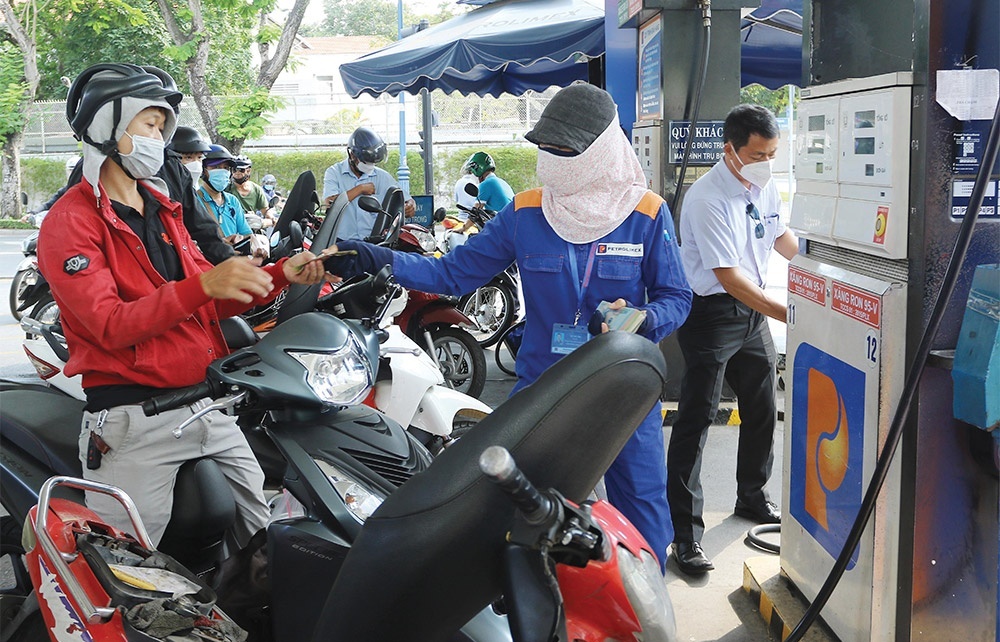





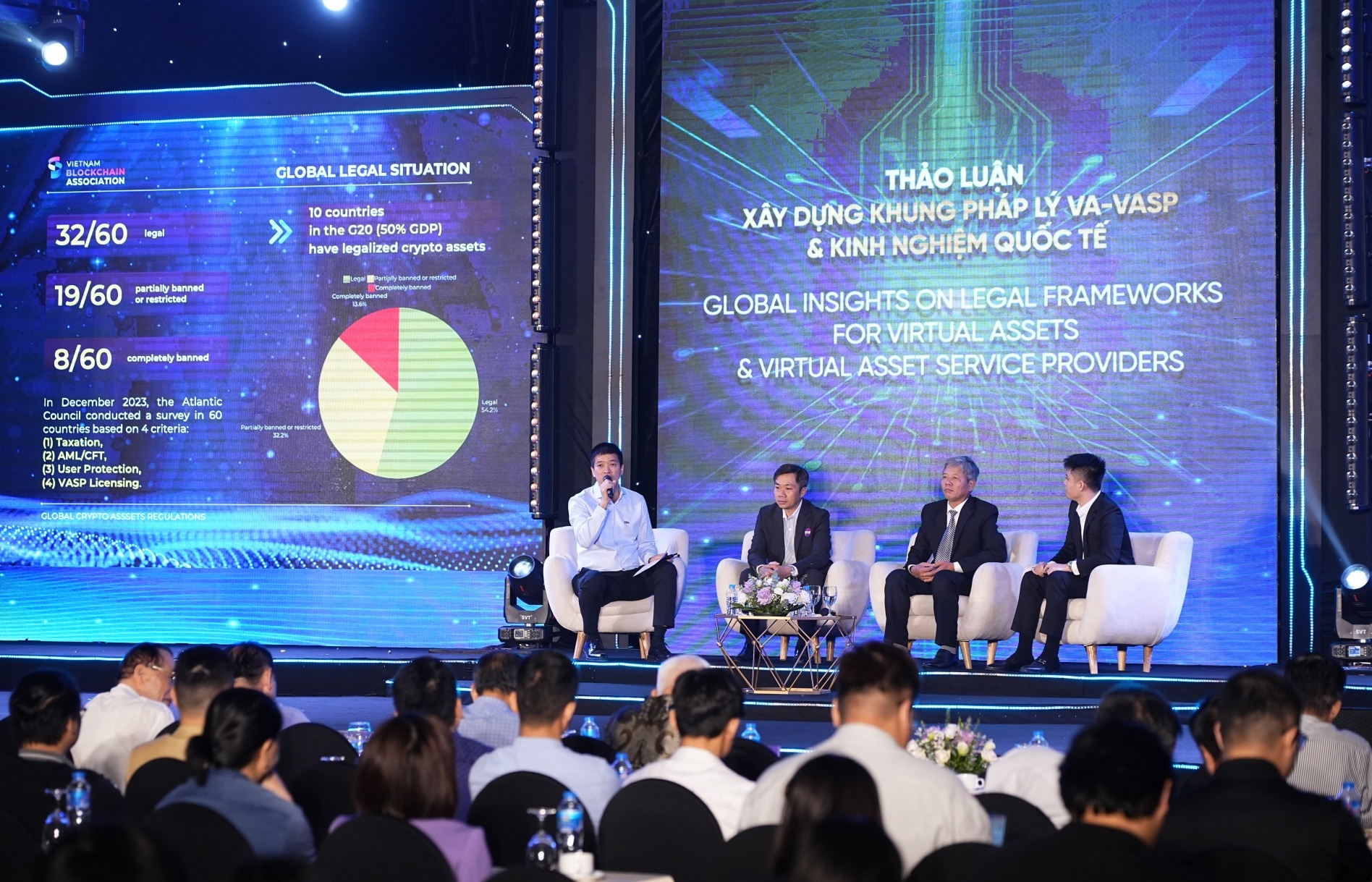

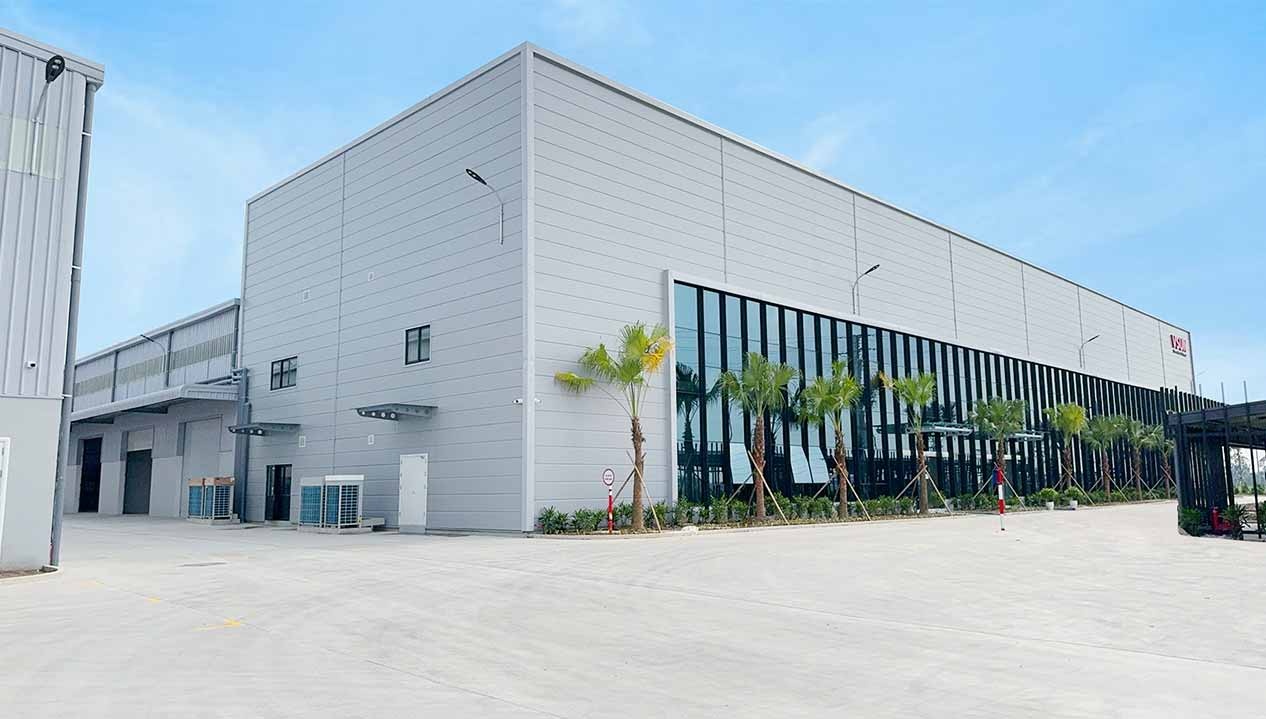



 Mobile Version
Mobile Version